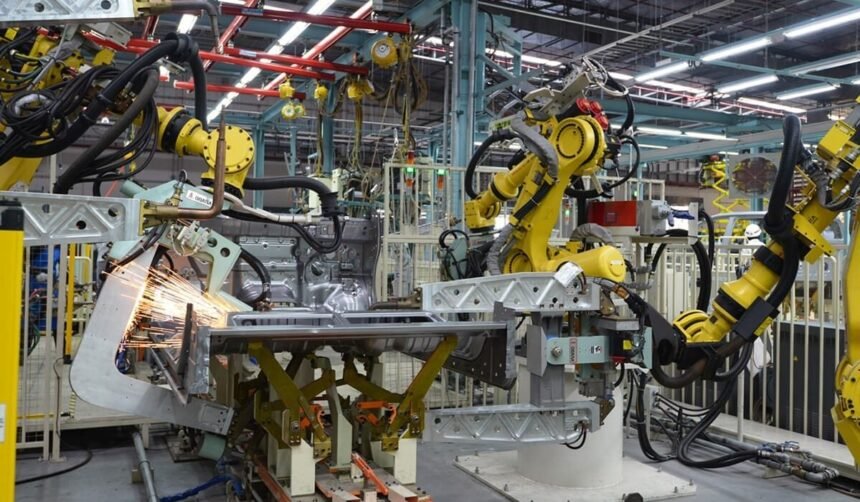Nissan Motor has affirmed its dedication to manufacturing vehicles in Thailand, as confirmed by a Thai government official. This reassurance comes in the wake of the automaker’s recent announcement to reduce global production capacity and restructure operations to enhance cost-efficiency.
Narit Therdsteerasukdi, the secretary-general of the Thai Board of Investment, held a meeting with Nissan’s Thai executives to discuss the company’s plans in the country. During the meeting, Nissan executives reiterated that Thailand remains a crucial market in the ASEAN region and will continue to serve as the primary regional production base.
Nissan’s manufacturing facilities in Thailand, which include two vehicle assembly plants situated in Samut Prakan province, stand as the automaker’s sole wholly-owned manufacturing operations in the region. Following the closure of its Indonesian plants in previous cost-cutting initiatives, Nissan’s regional headquarters is also based in Thailand.
As part of its efforts to streamline operations, Nissan intends to consolidate its vehicle production at the newer plant in Samut Prakan, built in 2014. The older plant, established in 1975, will be repurposed to manufacture body parts, including stampings and assemblies, and eventually, components for electric vehicles such as battery pack assembly. The restructuring process is set to commence in the second quarter of 2025.
Despite a 34% decline in vehicle production in Thailand last year, with approximately 67,300 units produced, Nissan plans to introduce new models at the plant over the next two years. This includes the integration of electric and hybrid vehicle models, for which the company will seek government incentives for new investments.
In a statement, Mr. Narit emphasized the Thai government’s commitment to supporting the automotive industry, particularly Japanese companies that have long-standing investments in the country. The government aims to bolster competitiveness and facilitate the transition to electric vehicles, including battery electric vehicles (BEVs), plug-in hybrid electric vehicles (PHEVs), hybrid electric vehicles (HEVs), and mild hybrid electric vehicles (MHEVs). Thailand aims to emerge as a prominent production and export hub for next-generation vehicles.
In conclusion, Nissan’s reaffirmation of its commitment to Thai vehicle production underscores the company’s strategic focus on the region and the broader shift towards electrification in the automotive industry. This move aligns with the Thai government’s initiatives to support the development of electric vehicles and solidify the country’s position as a key player in the global automotive market.







